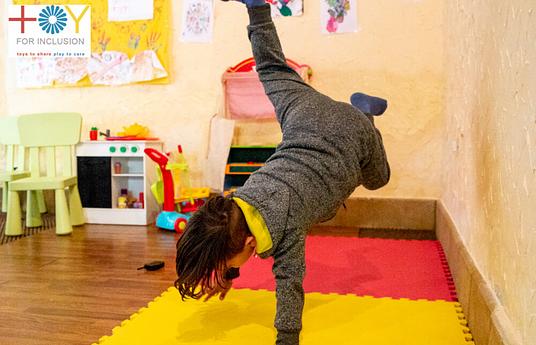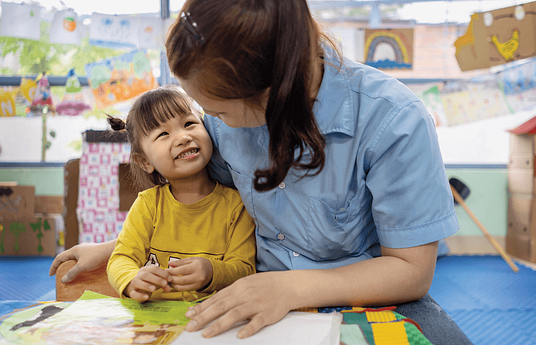In Malawi thousands of marginalised youth have either never received an education, or have dropped out of school without learning basic skills. Girls are at increased risk of sexual exploitation and early marriage, whilst menstruation provides additional barriers. Boys face pressures of child labour. Children with disabilities face bullying and a lack of community support to pursue their education
Reaching Our Goals is a netball-based programme which encourages vulnerable youth, especially girls and children with disabilities, to attend non-formal learning centres and access social and emotional support to improve wellbeing.
A 2-year curriculum delivered through twice-weekly netball-based sessions by trained coaches covers self-worth, wellbeing, problem solving, sexual and reproductive health and rights (SRHR), gender-based violence and gender stereotypes. Netball emphasises cooperation and teamwork. Players bring issues that they face in their household or community and apply the principles of a netball game to find a solution.
Attendance at education centres increased, reaching 75% compared to 70% for non-participating centres, and learner retention improved. Results showed a 14% improvement in self-esteem, 29% increase in knowledge of SRHR, 77% increase in foundational learning and 17% increase in vocational skills.
Following our success, another organisation has replicated this approach in their nutrition programme. Learning has been shared with the Ministry of Education in Malawi, other Malawian sports-based organisations, and our partners in Ethiopia and Uganda. In Uganda, our partner organised a netball tournament with a focus on building wellbeing and social and emotional skills amongst players and supporters.
Over the next 2-3 years, Link will continue to use the learning as a valuable tool within broader projects, particularly those focused on attitudinal change, social and emotional learning, and sensitive topics like SRHR or violence against women and girls. We will use popular sports to challenge stereotypes by, for example, involving boys in netball and girls in football.
Detailed information on Link's approach to this and other innovations, projects and programmes can be found on our website. We have developed a Sport for Change Approach Paper and an SEL Approach Paper which detail our methods.
We welcome enquiries from potential collaborators and are actively seeking funding partners to invest in both the scaling-up of our work and the creation of new projects.



